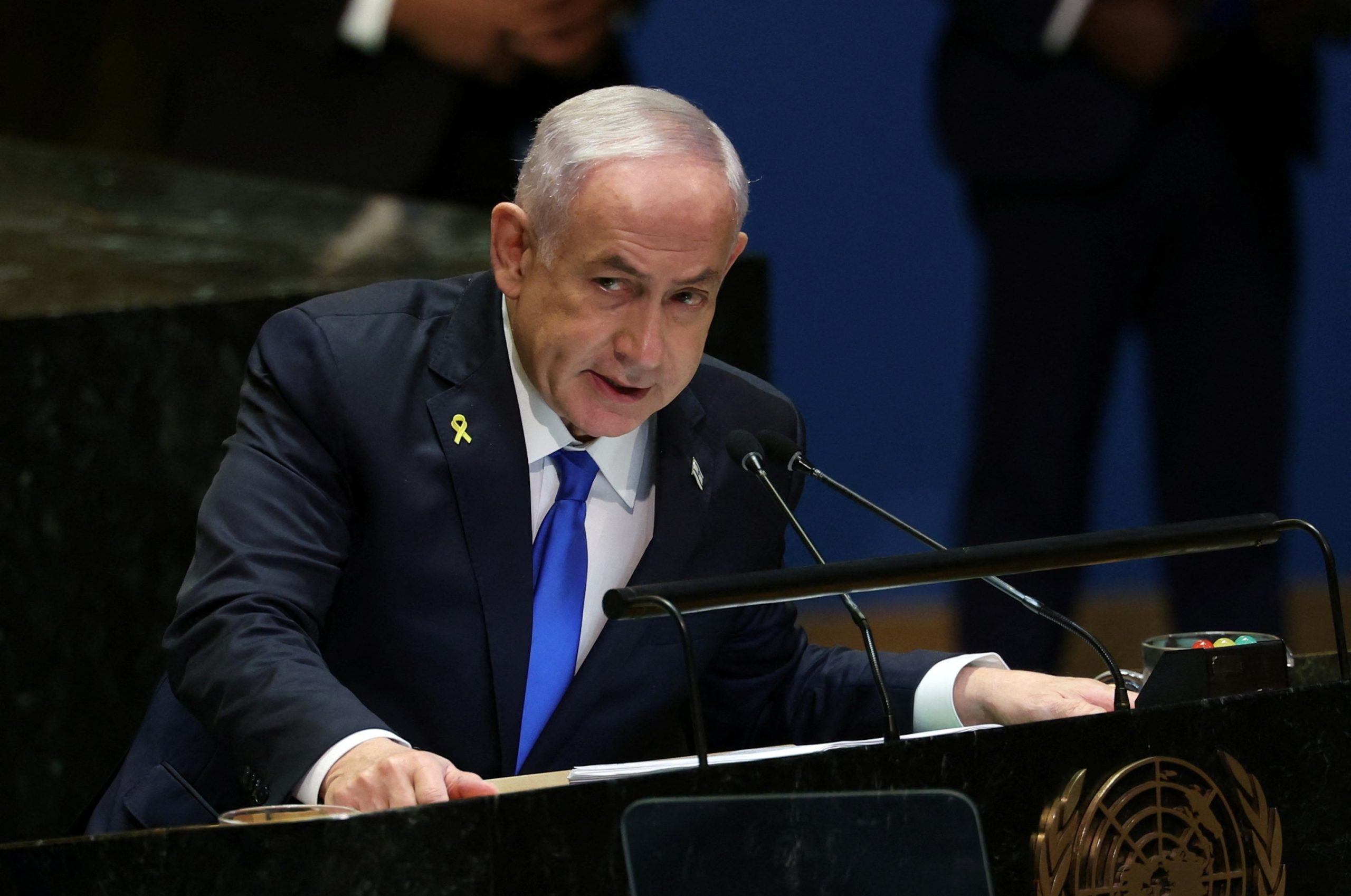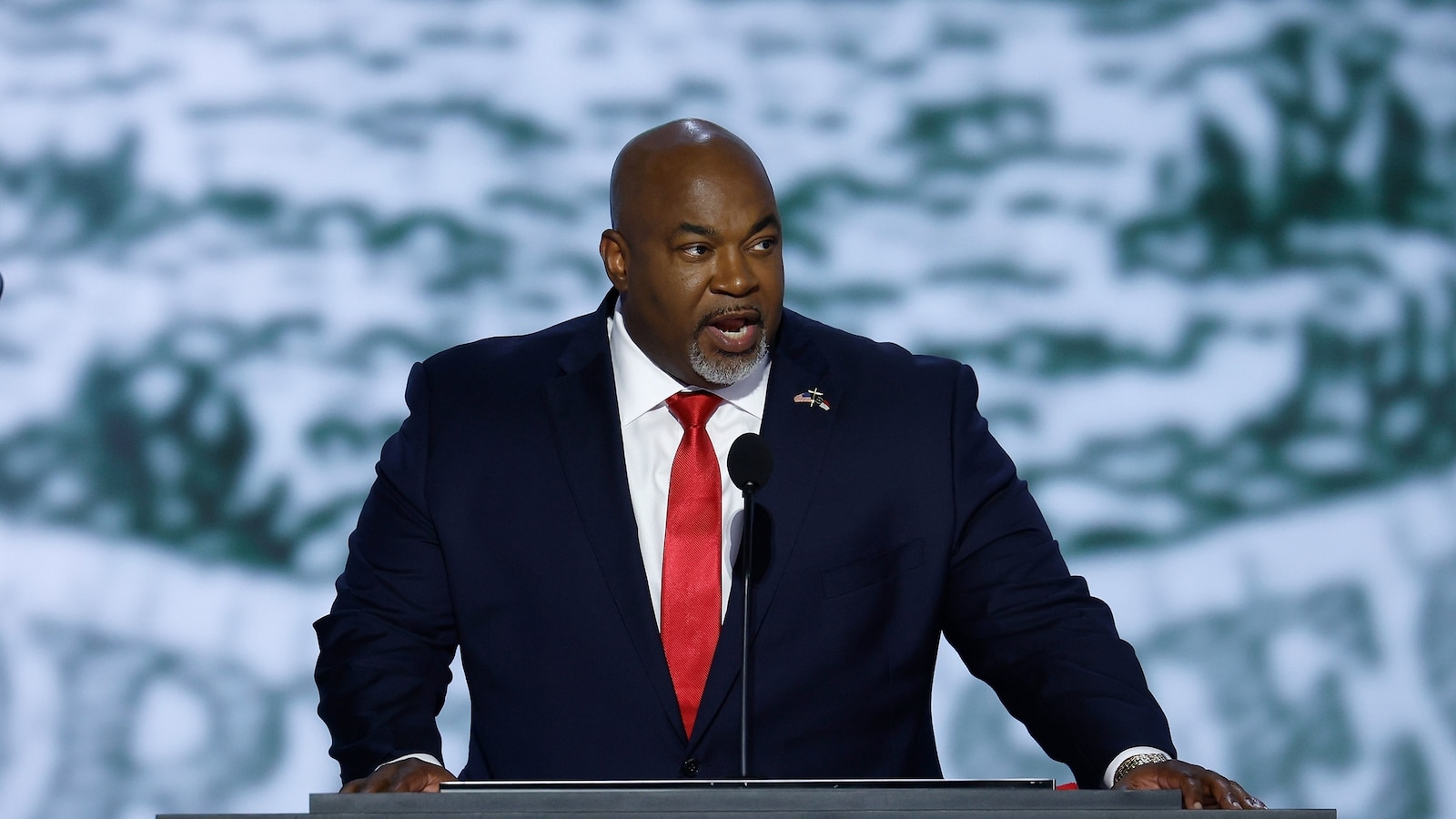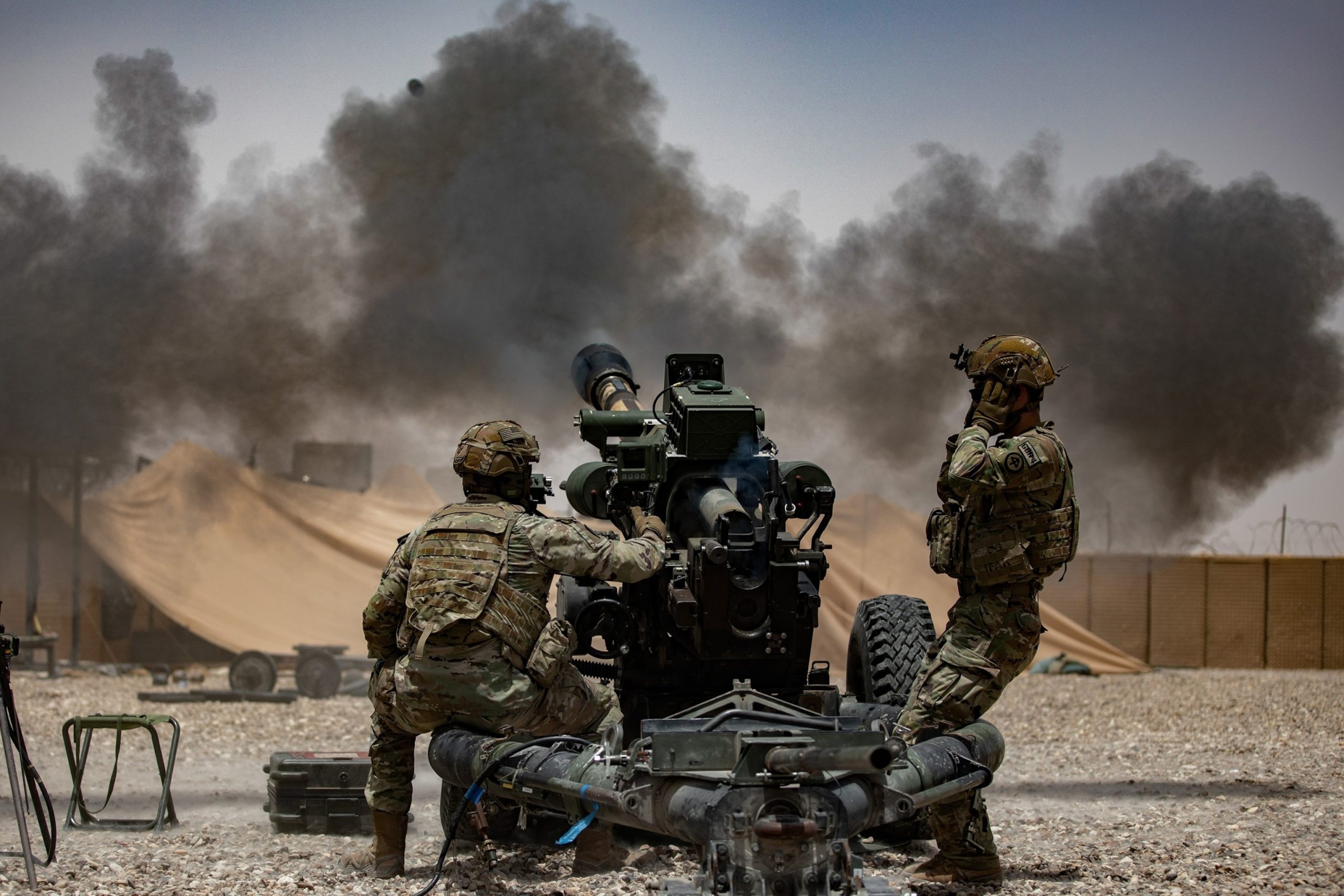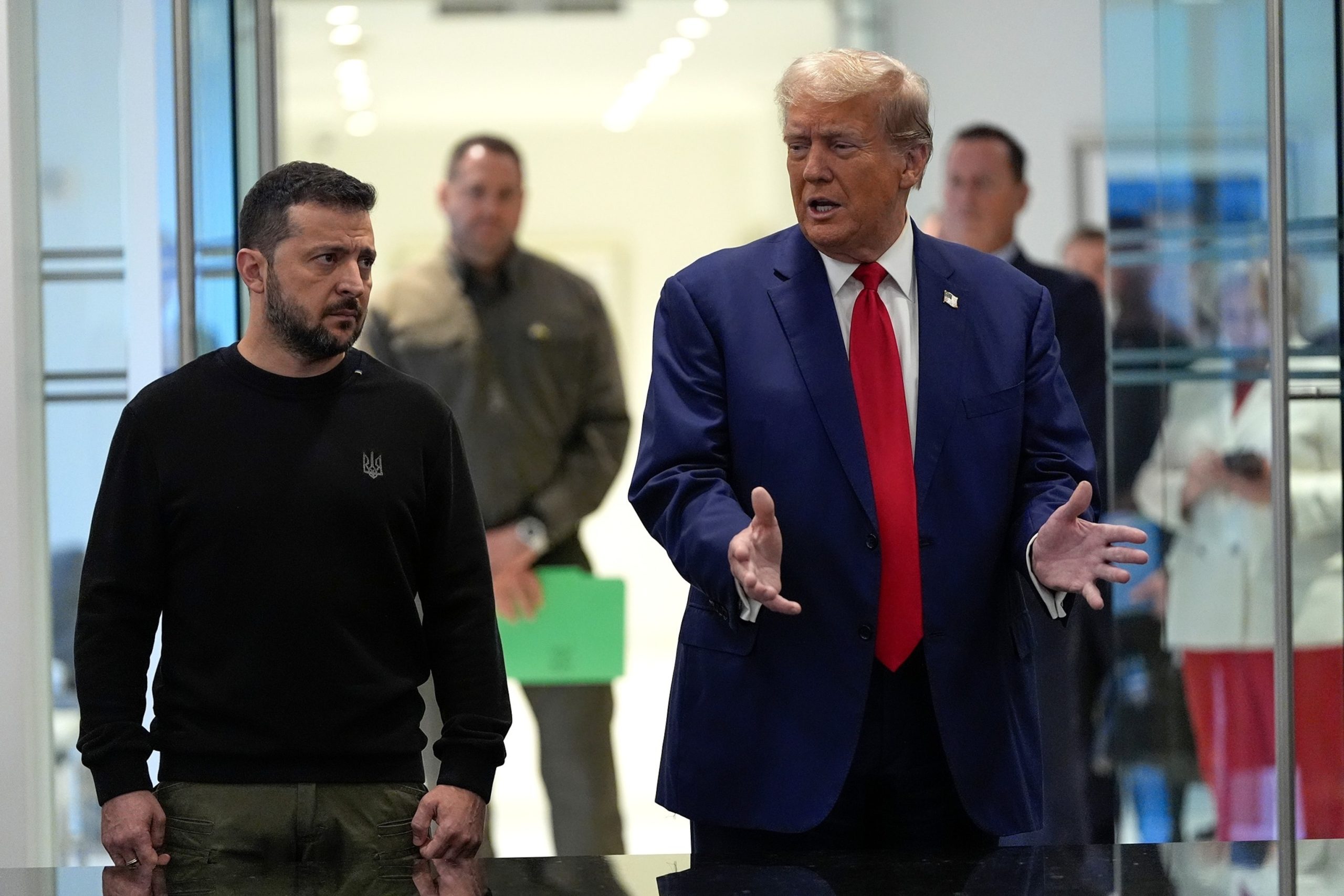In a defiant address to the United Nations General Assembly on Friday, Israeli Prime Minister Benjamin Netanyahu vowed that his country was committed to defeating both Hezbollah and Hamas — giving a pointed warning to the groups’ chief backer, Iran.
“I have a message for the tyrants of Tehran,” Netanyahu said. “If you strike us, we will strike you, there is no place. There is no place in Iran that the long arm of Israel cannot reach.”
Appearing to back up Netanyahu’s words with action, the Israeli military carried out what an Israeli Defense Force said was “a precise strike on the central headquarters of the Hezbollah terror organization” in Beirut shortly after he finished his address on Friday.
Multiple sources told ABC News the target of the attack was Hezbollah’s leader, Hassan Nasrallah.
It was not immediately clear whether the strike was successful, but the scale of the bombing immediately sparked concern among U.S. officials who have been applying consistent diplomatic pressure to Iran in an effort to keep the country from stepping up its role in the conflict.
The increased fighting in Lebanon has some officials fearing an all-out war in the region. The Biden administration has been working to persuade Israel to agree to a 21-day ceasefire proposal crafted by the U.S. and France.
After initially rejecting the plan outright, the Israeli government seemed to soften its stance on Thursday — signaling a willingness to negotiate.
But Netanyahu did not reference the plan in his roughly 30-minute speech on Friday and made no mention of pursuing diplomatic peace with Hezbollah.
The prime minister said Israel would “continue degrading Hezbollah until all our objectives are made” and that Israel “must defeat” them.
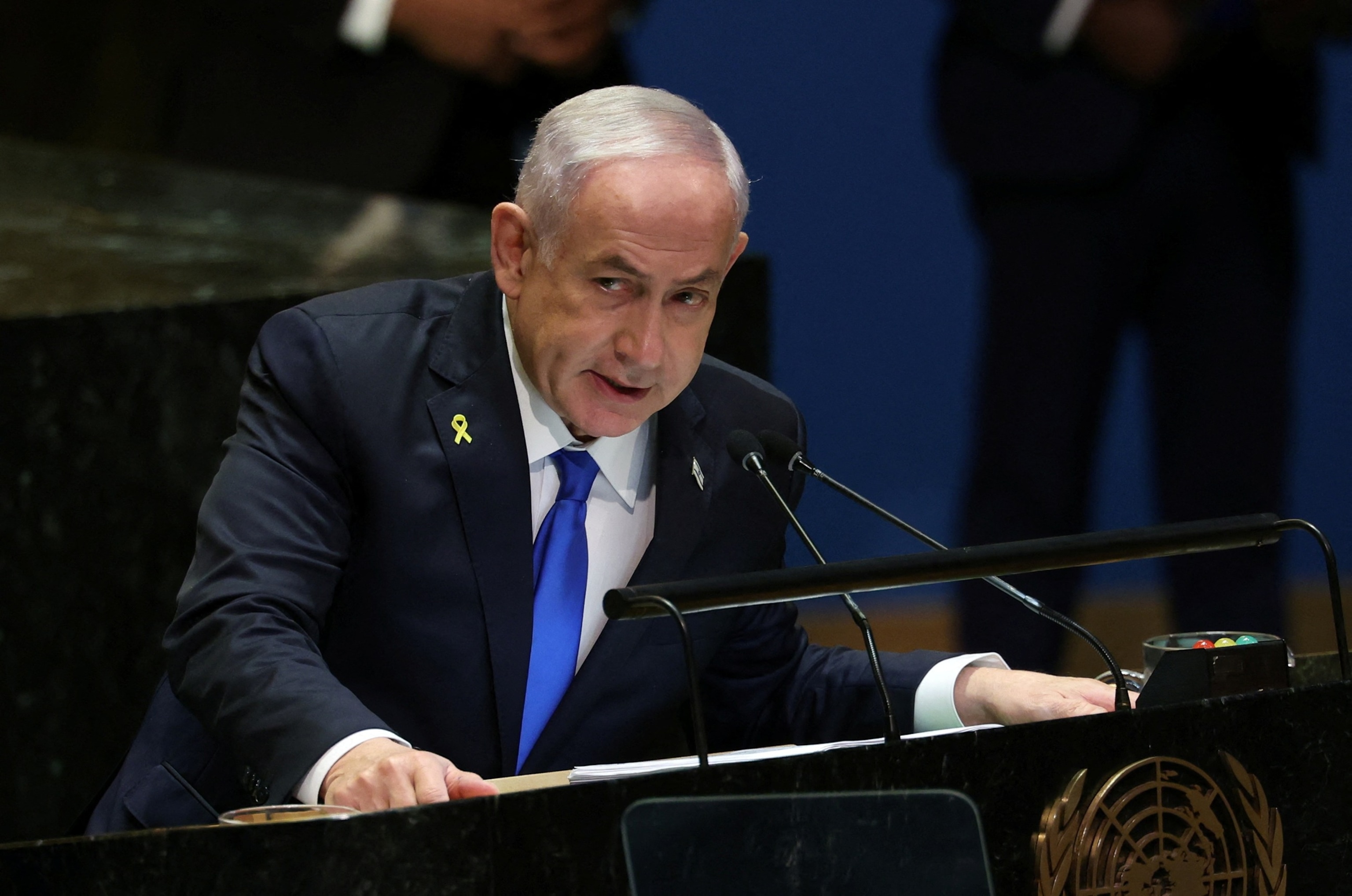
Israel’s Prime Minister Benjamin Netanyahu addresses the 79th United Nations General Assembly at U.N. headquarters in New York, Sept. 27, 2024.
Mike Segar/Reuters
“As long as Hezbollah chooses the path of war, Israel has no choice, and Israel has every right to remove this threat and return our citizens to their homes safely, and that’s exactly what we’re doing,” he said.
Netanyahu asserted the U.S. would not tolerate a similar situation on its own border for “even for a single day.”
Several United Nations delegates walked out of the room as Netanyahu began his address at the U.N. in New York.
“I didn’t intend to come here this year. My country is at war, fighting for its life,” the prime minister said. “But after I heard the lies and slanders leveled at my country by many of the speakers at this podium, I decided to come here and set the record straight.”
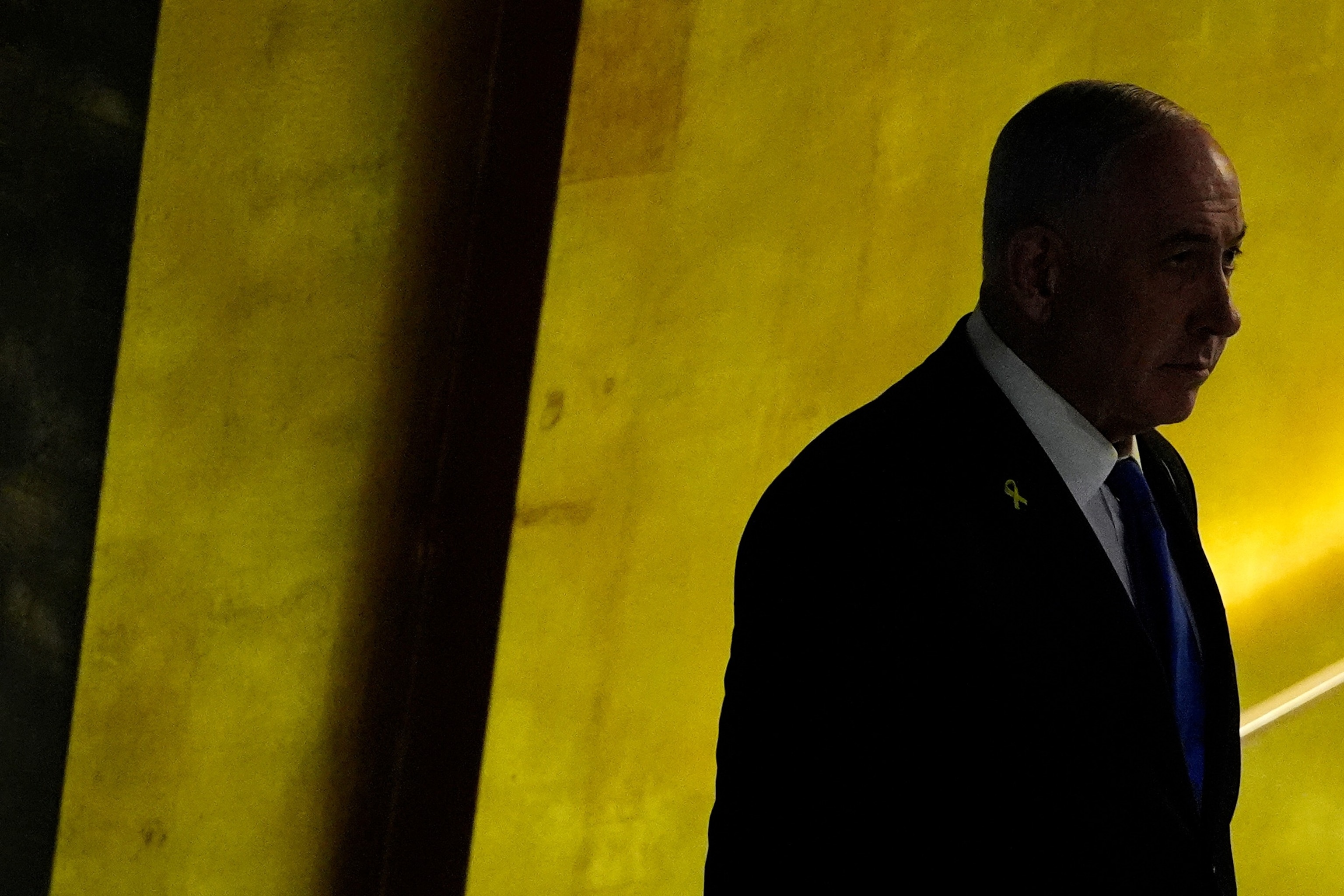
Prime Minister of Israel Benjamin Netanyahu enters the 79th session of the United Nations General Assembly, Sept. 27, 2024.
Pamela Smith/AP
Netanyahu continued to press for “total victory” in Gaza as he called for Hamas to surrender and release all remaining Israeli hostages. He also said Israel rejected any scenario in which Hamas remained in control of Gaza after the war.
The prime minister also claimed criticism of Israel’s human rights record was unwarranted, saying Israel had helped ship more than adequate supplies of food to Gaza and continued to “spare no effort” to protect civilian lives.
“We don’t want to see a single person — a single innocent person die. That’s always a tragedy. And that’s why we do so much to minimize civilian casualties,” he said.
However, U.S. officials say Israel’s record in Gaza is checkered. A report released by the State Department in May found that the Israeli government did not cooperate with efforts to move aid into the enclave in the early months of the war against Hamas.
The same report also stated that while Israel has “the knowledge, experience, and tools” to implement “best practices for mitigating civilian harm,” the high number of civilian casualties “raises substantial questions about whether the IDF is using them effectively in all cases.”
U.S. officials have expressed similar concerns about collateral damage from Israeli military action in Lebanon.
More than 118,000 people in Lebanon have been displaced in just the last week, according to the UN. The Lebanon Ministry of Health also said hundreds of people have been killed in that time, although it’s unclear how many were combatants.
The prime minister’s office said Netanyahu would return to Israel earlier than previously planned. It also released a photo it said shows him approving the strike over the phone while sitting at a desk in New York.
In a recent address to the United Nations, Israeli Prime Minister Benjamin Netanyahu emphasized the urgent need for Israel to defeat Hezbollah, despite growing calls for a cease-fire in the region. Netanyahu’s speech comes at a critical time as tensions between Israel and Hezbollah have escalated in recent months, with both sides engaging in tit-for-tat attacks.
Netanyahu’s strong stance against Hezbollah is not surprising, given the group’s long history of hostility towards Israel. Hezbollah, a Shiite militant group based in Lebanon, has been a thorn in Israel’s side for decades, launching numerous attacks against Israeli targets and posing a significant threat to the country’s security.
In his address, Netanyahu highlighted the dangers posed by Hezbollah’s growing arsenal of missiles and rockets, which are capable of striking deep into Israeli territory. He also pointed to Hezbollah’s close ties with Iran, which provides the group with financial and military support, further complicating the situation.
Despite calls from some quarters for a cease-fire in order to de-escalate tensions in the region, Netanyahu made it clear that Israel will not back down in its efforts to confront Hezbollah and ensure the safety and security of its citizens. He stressed that Israel has the right to defend itself against any threats to its sovereignty and will take whatever measures necessary to protect its borders.
Netanyahu’s address at the UN reflects the deep-seated animosity between Israel and Hezbollah, as well as the complex geopolitical dynamics at play in the Middle East. The ongoing conflict between the two sides is a reminder of the volatile nature of the region and the challenges faced by all parties involved in finding a lasting solution to the longstanding dispute.
As tensions continue to simmer in the region, it remains to be seen how the international community will respond to Netanyahu’s call for action against Hezbollah. The situation is fluid and unpredictable, with the potential for further escalation if diplomatic efforts fail to yield results.
In the meantime, Israel remains on high alert, ready to defend itself against any potential threats from Hezbollah or other hostile actors in the region. Netanyahu’s address at the UN serves as a stark reminder of the ongoing challenges faced by Israel in its quest for security and stability in a volatile and unpredictable region.
